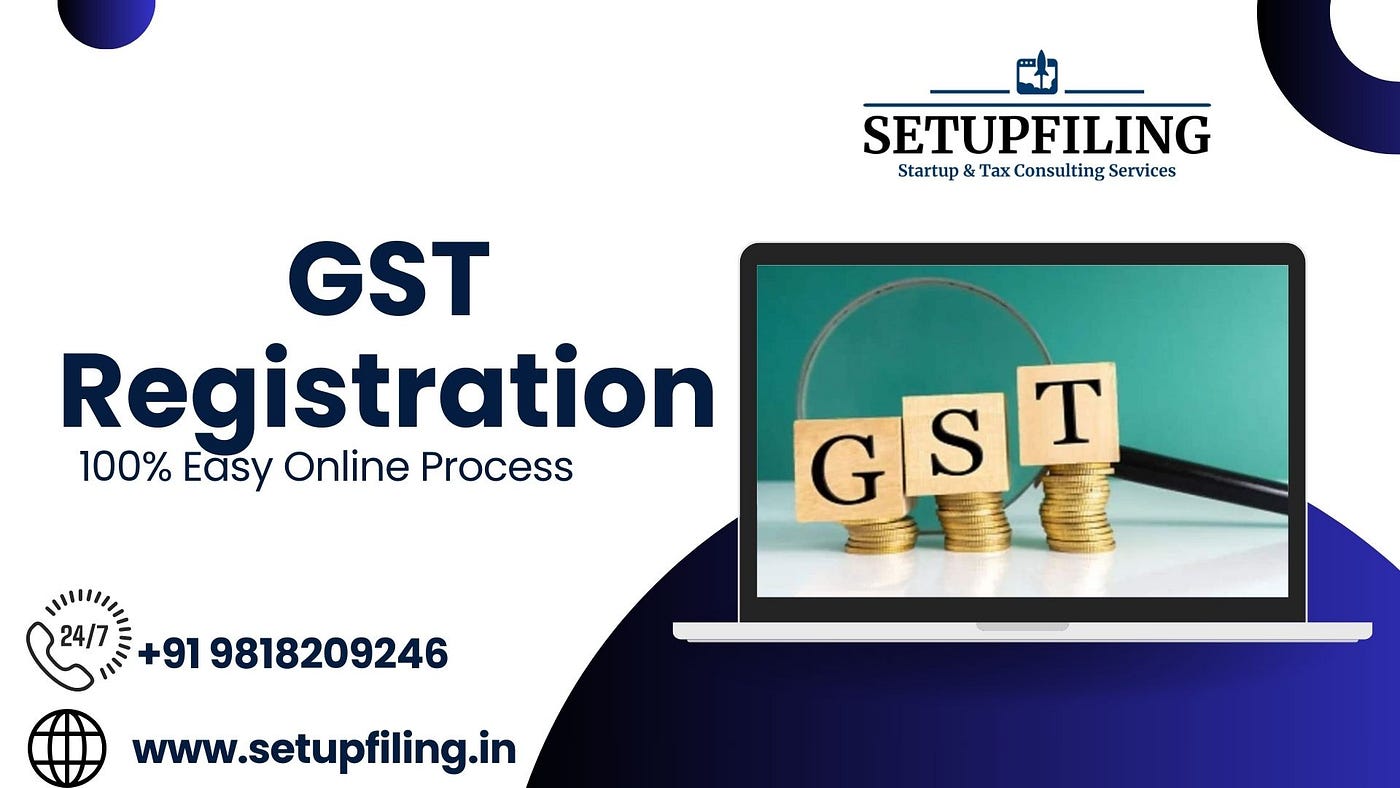Comprehensive Guide to the Best GST Registration Services in Singapore
Wiki Article
From Begin to Complete: The Ultimate Roadmap to GST Registration for Companies Looking For Financial Stability
Browsing the intricacies of Item and Services Tax (GST) enrollment is a vital action for companies making every effort for monetary stability. Breaking down the roadmap into convenient steps can improve the registration trip for services looking to boost their economic standing.Comprehending GST Essentials
Exploring the basic concepts of Item and Services Tax (GST) is essential for acquiring a thorough understanding of its ramifications on organizations and the economic situation. GST is a value-added tax obligation levied on a lot of items and services for residential intake. It has replaced numerous indirect tax obligations that existed in the pre-GST period, streamlining the tax structure and improving convenience of doing company in India. Under the GST system, both goods and solutions are tired at a certain rate, which is figured out based upon their category. If their yearly turnover goes beyond the threshold limitation established by the government, businesses are needed to register for GST. Input Tax Obligation Credit Scores (ITC) is a substantial feature of GST, permitting businesses to declare credit score for taxes paid on inputs, lowering the general tax worry. Comprehending the basics of GST is important for companies to abide by tax obligation policies, handle their finances successfully, and add to the country's economic growth by taking part in a transparent tax obligation system.Qualification Standards for Registration
To register for GST, services must satisfy details qualification standards developed by the government. The key eligibility requirement is that any kind of service associated with the supply of goods or services with a yearly accumulation turnover over the threshold limitation set by the authorities have to sign up for GST. As of the current regulations, the threshold limit for GST enrollment is a yearly accumulation turnover of 40 lakhs for companies operating within a state, besides unique classification states where the limitation is 20 lakhs. In addition, specific services are needed to register for GST irrespective of their turnover, such as interstate providers, informal taxed persons, and businesses reliant pay tax under the reverse fee device. It is critical for organizations to extensively examine their turn over and deal types to establish their GST registration responsibilities accurately. Failing to register for GST when eligible can bring about penalties and lawful consequences, making it vital for businesses to abide by the defined qualification criteria.Files Needed for Registration
Having fulfilled the eligibility standards for GST enrollment, services must currently ensure they have the requisite papers in position to proceed with the registration procedure successfully. The documents needed for GST registration typically consist of evidence of company constitution, such as collaboration deed, registration certificate, or unification certification for various sorts of companies. Furthermore, services need to supply records developing the principal area of business, such as a rental arrangement or electrical power expense. PAN card of business, in addition to the identity and address proof of promoters/partners/directors, are important for verification functions. Financial institution account declarations, in addition to terminated cheques or a duplicate of the bank passbook, are needed to verify the economic information provided during registration. Organizations must have electronic signatures all set for the accredited notary. Making certain all these records are arranged and readily offered will expedite the GST enrollment procedure, enabling businesses to abide with tax regulations flawlessly.Step-by-Step Registration Refine
Commencing the GST registration procedure involves a collection of organized steps to make certain a certified and seamless registration for businesses. The initial step is to go to the GST website and submit the enrollment kind with exact details of business entity. Following this, the applicant receives a Short-lived Reference Number (TRN) which is used to return to the application process if it's not completed in one go.Next, all needed documents according to the list supplied by the GST portal demand to be uploaded. These papers usually consist of evidence of service address, identity and enrollment evidence of marketers, economic declarations, and company entity's frying pan card.

Post-Registration Compliance Standards

Conclusion
To conclude, services looking for economic stability needs to recognize the basics of GST, satisfy eligibility standards, gather needed papers, adhere to the step-by-step registration procedure, and adhere to post-registration guidelines - Best GST registration services in Singapore. By adhering to these steps, services can ensure compliance with tax guidelines and preserve monetary stability in the lengthy runAdditionally, certain businesses are required to register for GST irrespective of their turn over, such as interstate suppliers, informal taxed persons, and organizations accountable to pay tax under Related Site the reverse charge device.Having satisfied the qualification requirements for GST registration, services need to now guarantee they have the requisite files in area to proceed with the enrollment process effectively. The papers needed for GST Recommended Reading registration usually consist of proof of organization constitution, such as partnership act, registration certification, or consolidation certification for different kinds of companies. In addition, organizations need to provide records establishing the principal area of organization, such as a rental contract or electrical power costs.Beginning the GST enrollment process entails a series of organized steps to make sure a seamless and compliant registration for services.
Report this wiki page